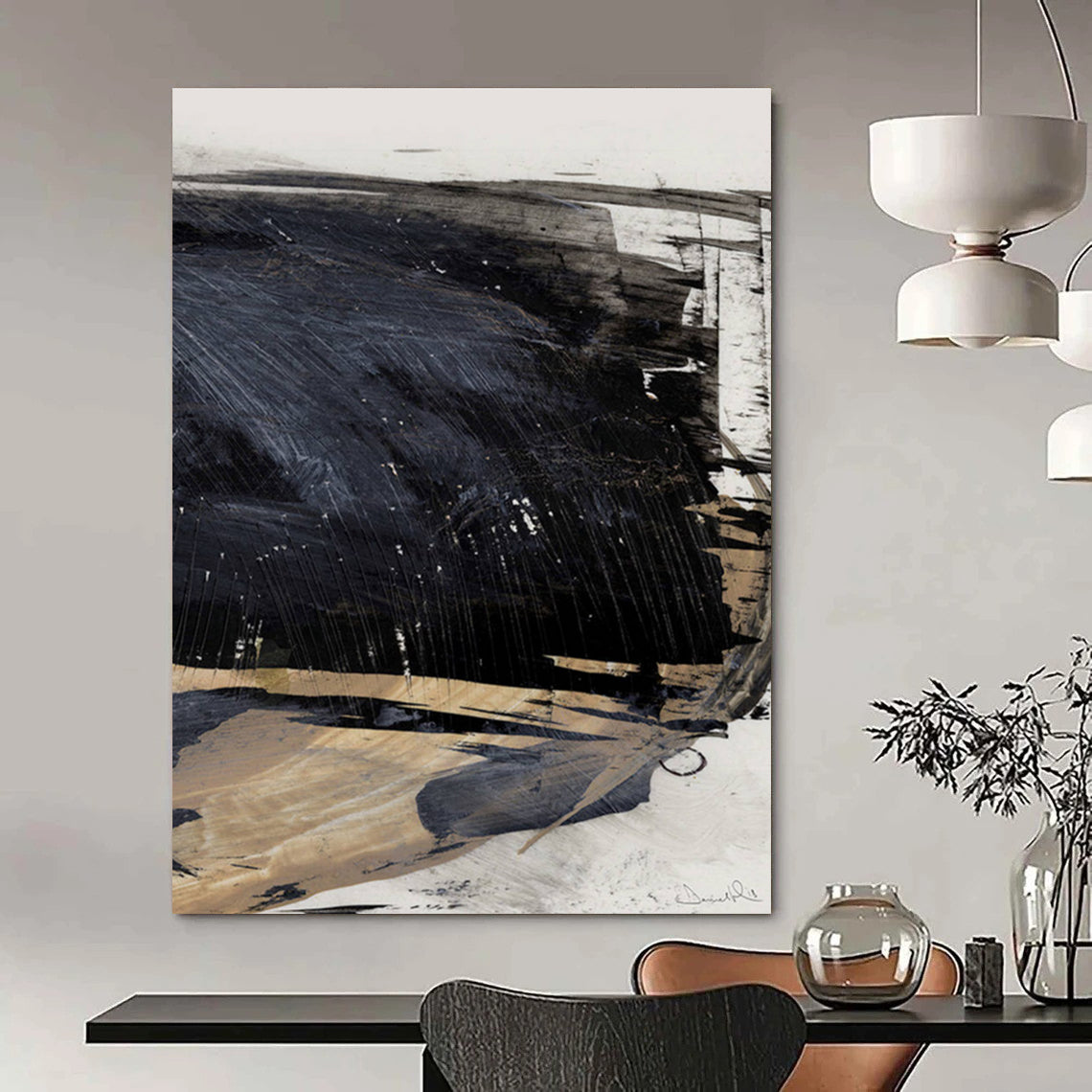In recent years, the international media landscape covering China has experienced notable shifts, with the BBC—one of the world’s leading news organizations—emerging as a focal point of discussion. Historically known for a critical tone, especially when reporting on China’s rapid economic and technological advancements, the BBC’s evolving narrative style has drawn both surprise and scrutiny from audiences globally. This article explores these changes in depth, analyzing the potential reasons behind this transformation and their implications for global media credibility and diplomatic relations.
Historical Context of BBC’s China Reporting
For over a decade, the BBC’s approach in reporting China has often employed a framing device colloquially known as the “but at what cost?” narrative, juxtaposing China’s impressive achievements against implied socio-political or environmental concerns. This style is evident in numerous reports questioning the consequences that accompany China’s technological advancements and economic growth. Such framing reflects a broader trend in media bias and international reporting, where skepticism colors coverage of China's rise, tapping into underlying geopolitical tensions. While serving as a watchdog role, this has occasionally led to accusations of partiality and eroded trust among some international viewers.

Recent Shift in BBC’s Narrative Tone
In early 2025, observers noted a significant evolution in the BBC’s coverage tone. Reports started depicting China's technological innovation in a more straightforward manner, minimizing prior skeptical qualifiers. This change attracted diverse reactions; some global public opinion on China welcomed the balanced approach, appreciating a perspective free from the habitual critique. However, other critics speculated whether this shift reflected external pressures or an editorial recalibration amid ongoing geopolitical shifts. The nuanced presentation indicated a possible recognition of China’s undeniable role on the international stage, without undermining journalistic independence.
Implications for Media and Diplomacy
This change in tone has broader ramifications. International news organizations such as the BBC operate under influences ranging from geopolitical interests to cultural perceptions, which can subtly shape editorial decisions. Balanced reporting that refrains from pervasive skepticism could improve international diplomatic dialogues and foster a more informed public understanding. Nevertheless, it also raises challenges related to maintaining journalistic independence while navigating complex political climates. Understanding the role of media in shaping diplomacy underscores the importance of transparent editorial policies and engagement with diverse sources.
Keywords and Anchor Text Integration
As media consumers seek comprehensive insights, it is helpful to explore topics related to China’s growth and the media’s role in framing narratives. For instance, exploring how China’s technological advancements contribute to global innovation offers a factual foundation. Concurrently, examining issues of media bias and international reporting reveals the interplay between journalism and geopolitics. Delving into global public opinion on China further contextualizes audience reception across cultures. Finally, reviewing BBC editorial standards illuminates the framework guiding journalistic practice.
Suggested Image Sources
-
Photographs of China’s innovation hubs such as Shenzhen or Shanghai skyline (Getty Images): depicting rapid urban and technological growth.
-
Inside BBC’s newsroom showing journalists at work (BBC Press Office): to visualize the media environment shaping coverage.
-
Infographics from Pew Research Center showing global public opinion trends: illustrating diverse perceptions of China worldwide.
-
Charts from Statista showing China’s economic and technological metrics: providing data support for factual reporting.
Frequently Asked Questions (FAQ)
Q1: Why did the BBC often use the phrase “but at what cost?” in its coverage of China?
A1: The phrase was used to juxtapose China’s progress with potential negative impacts, reflecting a cautious editorial stance common in Western media to highlight socio-political or environmental concerns accompanying rapid growth.
Q2: What led to the BBC’s recent shift in tone about China?
A2: This shift likely stems from an editorial decision to provide more balanced reporting, responding to audience feedback and acknowledging China’s increasing global influence, amid changing geopolitical contexts.
Q3: How does media framing affect international relations?
A3: Media framing shapes public perceptions, which can influence diplomatic relations and economic collaborations by either promoting mutual understanding or exacerbating tensions.
Q4: Are there concerns about journalistic independence with narrative shifts?
A4: Yes, changes in narrative tone invite discussion about the independence of media outlets and whether geopolitical or economic pressures affect editorial integrity.
Q5: Where can readers find trustworthy information about China?
A5: Readers should consult multiple sources, including official reports, diverse international media, and analytical platforms emphasizing balanced, data-driven journalism.

